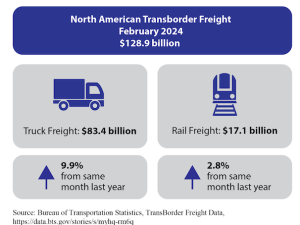The railway is part of a wide-ranging network that will connect southwest China with its Asian neighbours through a system of railways, roads, power grids, telecommunication networks, oil and gas pipelines and ports.
"We originally wanted to start as soon as possible but because the (new) Myanmar government has just been formed and because of their internal problems, we have had to wait," said Commerce Minister Chen Deming.
Myanmar held the country's first election in 20 years in November -- a carefully choreographed vote denounced by pro-democracy parties as rigged to preserve authoritarian rule.
China has close trade and economic ties with Myanmar, which is subject to wide-ranging Western sanctions.
"We want to start construction this year and it (the Myanmar link) will be the first line to open," Chen said at a meeting of the Yunnan provincial delegation on the sidelines of China's annual meeting of parliament.
Part of the problem was that Myanmar's existing railways run on a narrow gauge incompatible with Chinese railways, Chen added.
"We don't want to have to change bogies at the border. That would be very inconvenient," he said, without specifying exactly how that problem would be resolved.
Trade across the porous Yunnan-Myanmar border has flourished in recent years, but the rail link is just one part of an ambitious scheme that will put the provincial capital of Kunming at the centre of a regional free trade zone.
"If Yunnan opens up and interacts with surrounding Southeast Asian countries, it can speed up development," Chen said.
He added that China also hopes to begin laying track for a rail route connecting the southern region of Guangxi with Vietnam and Laos.
But that project has been delayed because of disputes between China and Vietnam over sovereignty issues in the South China Sea, Chen said. He did not elaborate.
China and Vietnam, along with several other Southeast Asian nations and Taiwan, claim a large swathe of the South China Sea. China has been loudly asserting its position there to the discomfort of its neighbours. (Reuters)








